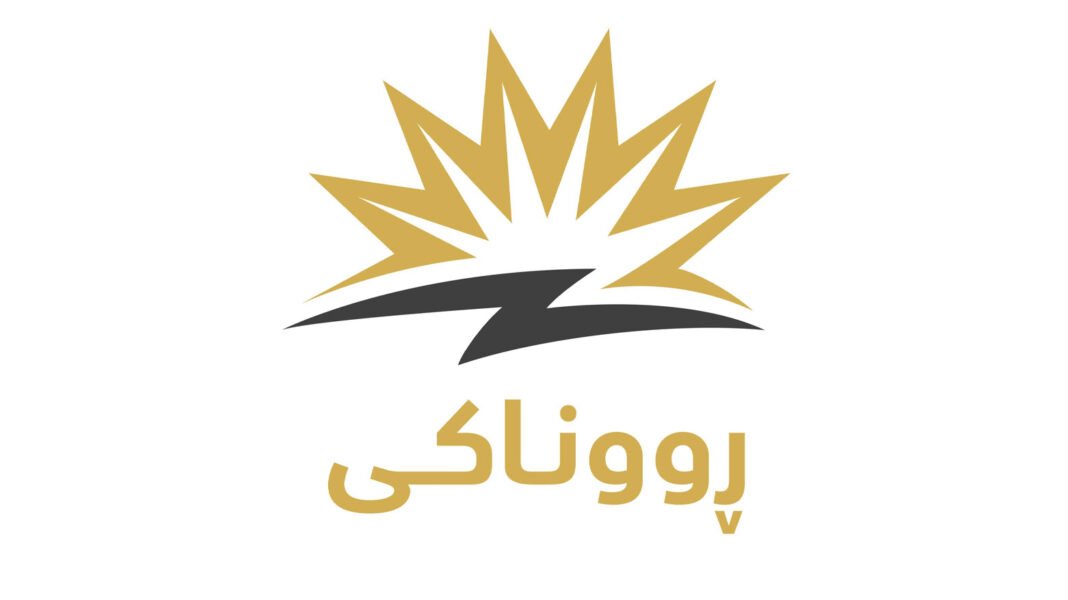Kurdistan Region Prime Minister Masrour Barzani visited Duhok to review the ongoing Iraq 24-hour electricity project. This ambitious initiative, known as the Runakî project, aims to deliver uninterrupted power to every part of the Kurdistan Region by 2026.
Barzani personally toured the Beroshke neighborhood in Duhok, where the project already supplies constant electricity to homes, shops, bakeries, and local businesses. Residents expressed appreciation for the improvement, and many said their daily lives have become easier.
“This is not a test project. It is a national service that will continue to expand,” Barzani declared. He emphasized that Iraq 24-hour electricity will reach every governorate, district, town, and village in the Kurdistan Region by the end of 2026.
The prime minister stressed that the rollout started in city centers but will soon cover rural areas. He urged citizens to use electricity responsibly, pointing out that public cooperation remains crucial for maintaining the system and expanding services.
Currently, more than 600,000 people benefit from the Runakî project. Government projections show that by the end of May, this number will rise to one million. Officials also expect all city centers to receive 24-hour electricity before the end of the year.
Barzani assured the public that electricity prices under the new system will remain affordable. Most households will actually spend less than they currently do using private generators and inconsistent national supply.
Therefore, the Kurdistan Regional Government (KRG) announced that it will introduce support measures to help people transition to the new system. These steps aim to ensure that the improvements last long-term and remain accessible to everyone.
Barzani’s visit signals that the government is serious about transforming energy delivery. Years of power shortages, outdated infrastructure, and over-reliance on expensive generators have strained the Kurdistan Region. With Runakî, the government hopes to modernize the energy sector, reduce pollution, and centralize power distribution.
The Iraq 24-hour electricity program also represents a move toward energy independence. For too long, political disagreements with Baghdad and weak infrastructure have limited progress. Now, with strong leadership and technical planning, the region sees a path forward.
By ensuring continuous power, the KRG improves daily life, boosts business productivity, and builds public trust. If the plan continues on track, Kurdistan could become a model for energy reform across Iraq.


